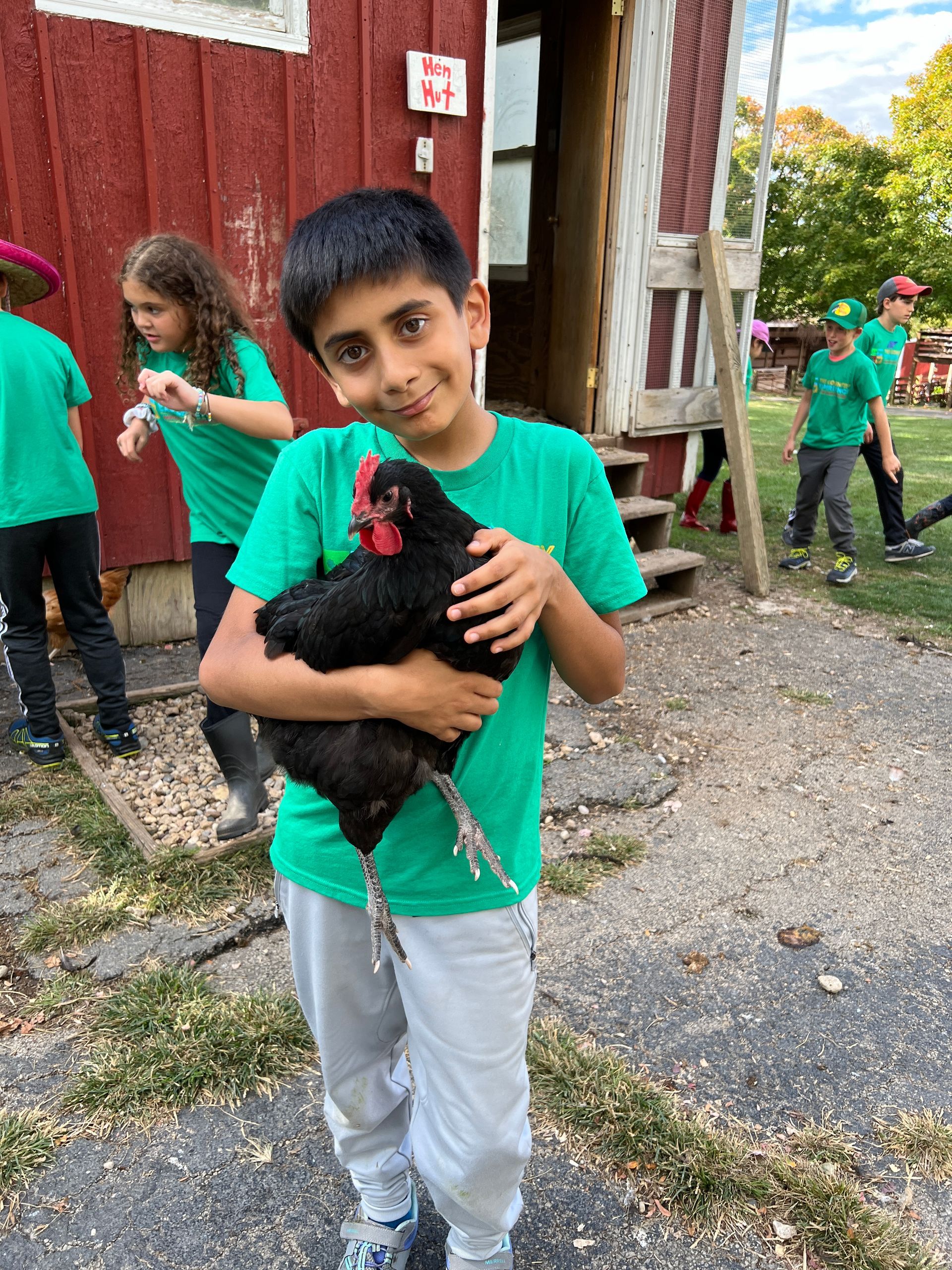We’ve all seen it: our child’s Montessori teacher gets them to do that one thing that we cannot get them to do! It’s magic, right? Not really! You can do it, too!
Carolyn Lanni of our Primary division (children ages 3 to 6) recently shared these tips in her classroom newsletter. We think it’s parenting genius. Read on!
Communicating with this age group can be tricky! Here are some phrases we use in the classroom that you might find useful at home. I once had a parent say that every last penny spent at our school was worth it just for the phrase, “It’s not available.”
- Ending questions with “…or not yet?” Examples: “Did you wash your hands or not yet?” “Did you flush or not yet?”
This curtails fibbing. If you just ask, “Did you wash your hands?” it’s very easy for the child to answer, “Yes” when they really mean, “No” or “I don’t know.”
- “That’s not available right now. ”
Child: “I want some cookies for snack.” Adult: “Cookies are not available right now. Would you like pretzels or string cheese?
- Offering choices in lieu of demands or arguing.
Child: “I don’t want to go.” Adult: “It’s time to go. Would you like to hold my hand or walk by yourself?” If the child does not choose, the adult chooses.
- Repeating a question back to the child or asking what THEY think, instead of directly answering the question…particularly when they already know the answer!
Child: “What is that?” Child: “What’s on your shirt?” Adult: “What IS that?” Adult: “What do YOU see on my shirt?” Child: “A frog!” Child: “Buttons. And polka dots!” This helps a child depend on their own knowledge and intelligence and builds their language skills.
- “Thank you for waiting. Now I’m looking at you.”
When a child interrupts a conversation you are having with someone else, you can hold up your index finger to indicate they need to wait just a minute. Then when you are finished with your conversation (don’t make them wait too long), you can look at them with a smile and say, “Thank you for waiting. Now I’m looking at you.” This teaches them the cues that someone is ready to talk to them, and it develops their patience.
- Use one word and point.
Instead of: “Here are your boots. Put them on. We are late. We need to get in the car and leave right now. You need to listen the first time. I need you to be a role model for your sister.” Use one word and point: “Boots.” Using as few words as possible is particularly helpful for younger children. It’s captivating, less overwhelming, and gives them a simple command to follow.
- “We”+ expectation…
Phrasing expectations in a positive way is more helpful because (a) it clearly tells children what to do (b) they are more likely to comply. Instead of, “Stop throwing your shoes,” say, “We wear shoes on our feet.” Instead of, “Stop running,” say, “We walk in the shopping mall.” Instead of, “Stop jumping on the couch,” say, “We sit on the couch.”
- Be specific.
Instead of: “Clean up your dinner!” Try: “Pick up your plate.” Once the child does this, then, “Put your plate in the sink.” Walking the children through it step by step is helpful when a child is overwhelmed by a multi-step process.
The post Ms. Lanni’s Bag of Tricks appeared first on Montessori School of Lake Forest.



